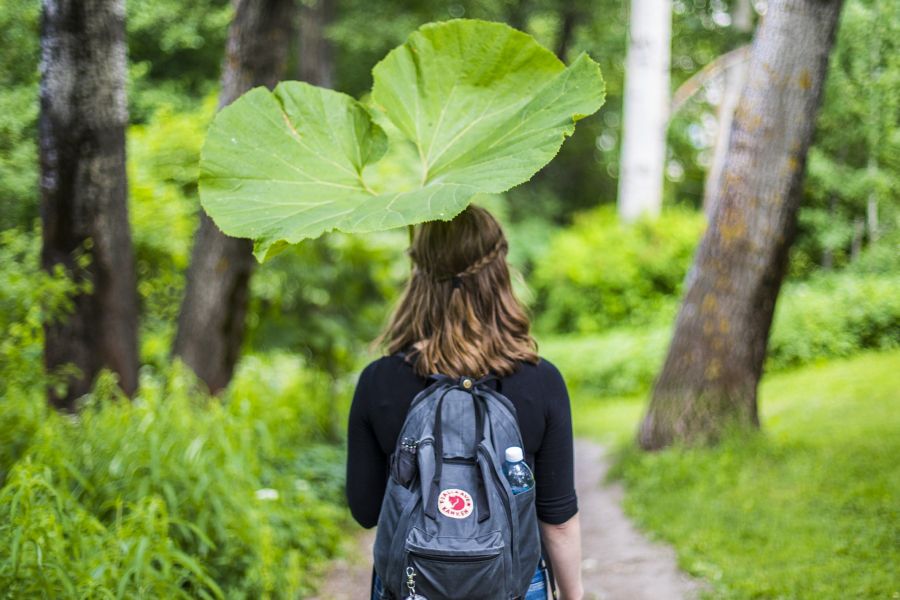Who is responsible for the data collection during the workshop?
The data is collected by the Pad Project, which is a non-commercial academic research project based in Tampere University. The project’s full title is “Emergent Un/Sustainabilities: The Global Political Economy of the Adult Incontinence Pads”. It is funded by the Academy of Finland and Kone Foundation.
The project is led by Dr Tiina Vaittinen, PhD, Academy of Finland Postdoctoral Research Fellow at Tampere University. If you have any questions regarding the data collection or the project, please do not hesitate to ask. You will find the contact details below.
The background and aims of the research
The aim of the Pad Project is to develop a socially, ecologically, and economically sustainable continence care, in a global scope. We map sustainable continence care from several perspectives including e.g., continence technology and the related industry, markets and the public economy, people who live with incontinence, health and medical professionals, waste management, logistics, and circular economy. By drawing together several perspectives, our aim is to (co)produce solutions for accessible, ecologically sustainable products and continence care in different parts of the world. Disseminating knowledge about incontinence, we also seek to reduce the stigma attached to the condition.
Data and methods
The Pad Project is a multi-sited ethnography that includes diverse research materials: interviews, participant observation, survey data, notes on informal discussions with stakeholders, memos from co-creative workshops with interest groups, and autobiographical stories written by people who live with incontinence.
The data collected at TISCARE22 complements all this other data in our project. We will make the TISCARE22 workshop data openly accessible as soon as possible after its collection. I.e., the data is produced, collected and archived for the benefit of anyone interested in the theme, not only for the purposes of our own research.
Voluntary nature of participation
Participation to the TISCARE22 workshop and the related data collection is voluntary, and it is not remunerated. The research participants are asked to provide their informed consent upon registering to the event. They have the right to withdraw from the research prior to the event by cancelling their participation.
For those parts of the workshop data that involve individualizable contributions (such as individually written and submitted stories or videos collected during the workshop), it is possible to withdraw the participation to the event by contacting the Pad Project immediately after the event, and before the data is archived.
Confidentiality
All data in the research are processed confidentially, in line with data protection legislation. The practices of data protection are detailed in a separate privacy notice, available in Finnish and English upon request.
Unless otherwise agreed with the participant (see the next paragraph), all data collected at the workshop are anonymized as soon as possible after the collection. Before archiving it at an open access database, the data is stored behind passwords in a secure location at Tampere University.
In data collected directly from individuals during or before the workshop (e.g. individual views to what sustainable continence care means), the participant may want to retain their intellectual property right to the knowledges they share. For such data, we provide the option to submit and archive the data in an identifiable form, so participants can be directly cited and credited for their views.
Please note, however, that individual contributions cannot be separated from the data that is co-produced with other participants in collaborative workshops. I.e., parts of the data that participants produce in the workshops cannot be individualized. By participating in the event, you agree to the collection and archiving of co-produced, non-individualizable data as well.
Archiving of the data
Upon the permission of the research participants, the workshop data will be permanently archived in the Finnish Social Science Data Archive FSD as soon as possible after the event. After that the archive may hand over the data for reuse as openly available for all users, including e.g. research, teaching, study, commercial use. The FSD processes the data in line with the Data Protection Act, for the purposes of academic and literary expression. If necessary, the FSD may edit the stories before archiving, to meet the requirements of data protection as specified in the law.
Publication of the results
You may follow the Pad Project’s publications after the event through the project website (www.padproject.online), on Twitter (@padprojectV), and through the Finnish and English medium podcasts produced by the project (https://www.padproject.online/podcast/).
We also hope that the open access data archive on sustainable continence care will be widely utilised in other projects aiming at sustainable continence care, by the workshop participants and beyond. We would be happy to hear about such projects, and mention them on the project website and social media.
For further information, please contact
Dr Tiina Vaittinen (PI)
Global Health and Social Policy, Faculty of Social Sciences, Tampere University
Address: Arvo Building Room C320, FIN33014 Tampere University, FINLAND
Email: tiina.vaittinen AT tuni.fi
GSM: +358 (0)40 190 9770
Website: www.padproject.online

